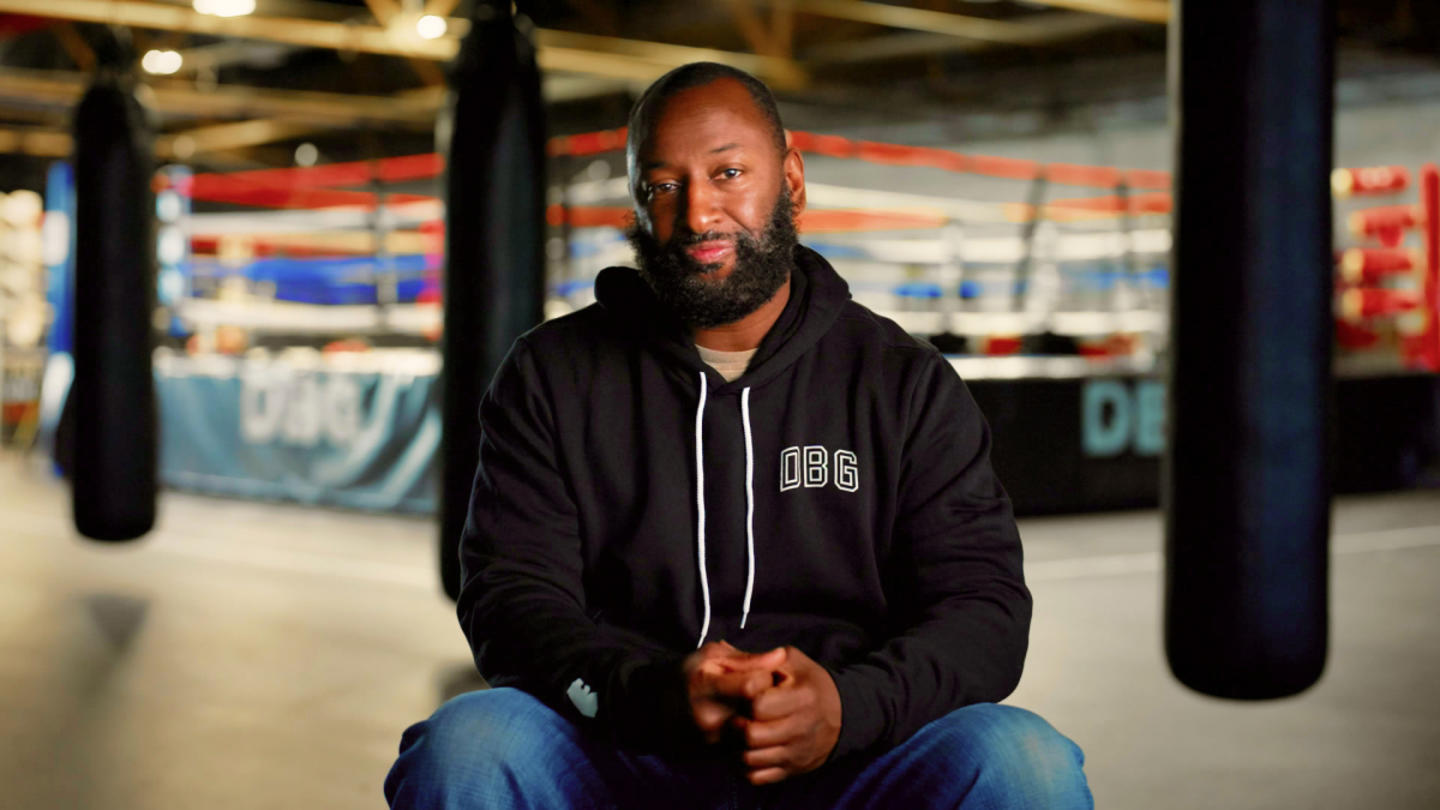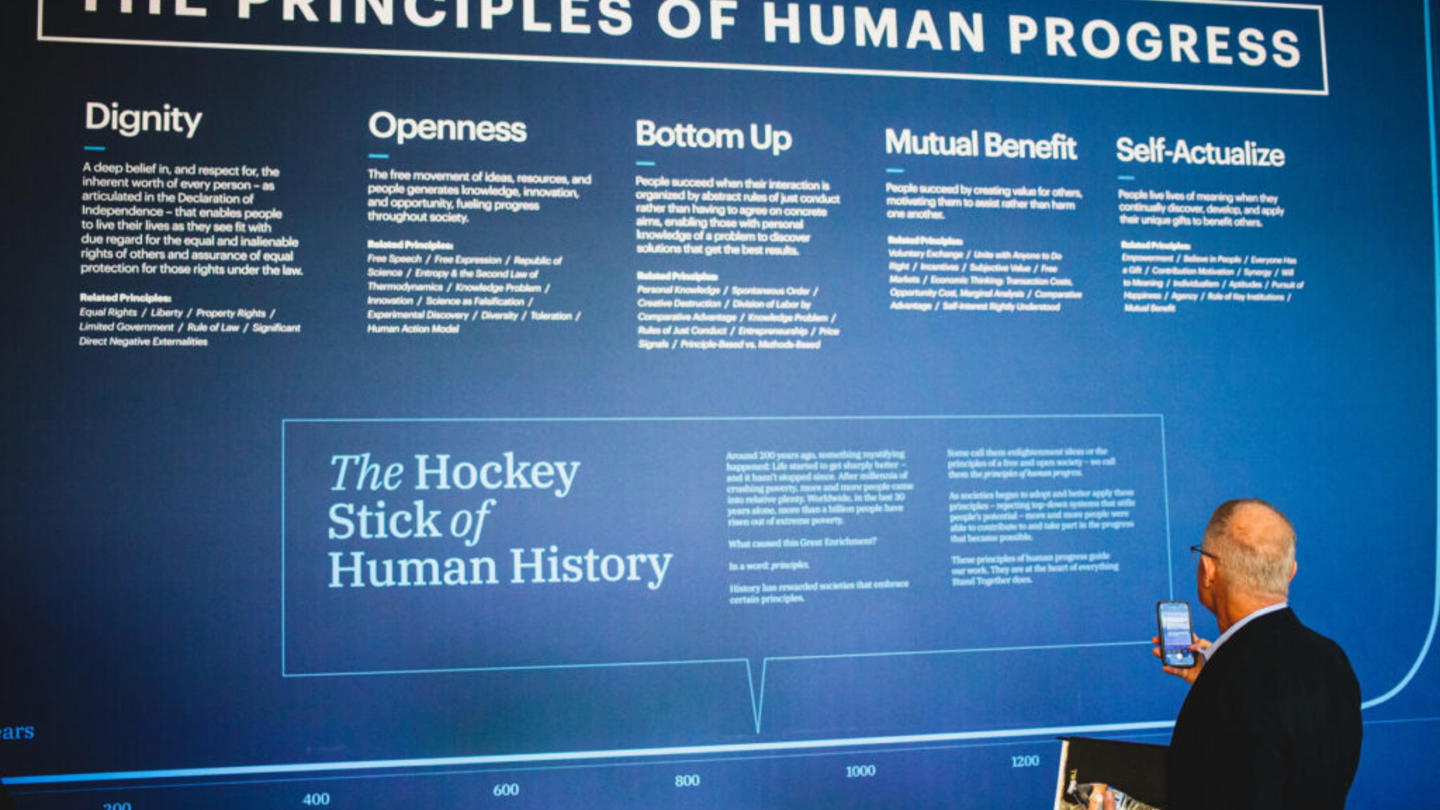What does it mean to be a leader in today's world? Does it mean acting in a strong or aggressive manner? Or can it mean something else? Something far more substantive and important?
People sometimes associate leaders with strong-arming, pushing, forcing, and dominating over others in the workplace. But in doing so, the best methods and ideas within an organization can go undiscovered. And it creates a culture that lacks heart and meaningful impact.
We asked four leaders from different backgrounds and different types of organizations advice they might offer to others in their shoes. Here are four secrets they shared on how to maintain passion and purpose in your work – and make a lasting impact, too.
1. Fall in love with the problem, not the solution
"The best advice for any entrepreneur is to fall in love with the problem, not the solution," says Josh Jarrett, founder of SkillUp.
SkillUp Coalition is a nonprofit that helps millions of workers get new jobs via coaching, training, and directing them to job resources in their areas of interest. It is a model of "rapid reskilling" — learning the ins and outs necessary for a new career path, without the time and financial investment of a traditional degree program.
As Jarrett shares, when you're so passionate about solving a problem but open to feedback and solutions from the people on the ground, using your product, that's where the most success lies.
They started by listening actively to the needs of the people they were serving, and working through their feedback. They let their clients guide their work, recognizing that there could be a variety of solutions beyond just what their internal team thought was best.
By following that one rule of thumb, Jarret and his team were able to scale SkillUp in the heart of the pandemic, serving nearly one million people in just 18 months.
2. Turn your setbacks into comebacks
Jonathan Kumar had nearly reached a contract with Seattle for his Samaritan app — a social platform designed to support people experiencing homelessness — but then lost a crucial city council vote.
"That contract didn't pass, and then three months later the pandemic hit. I thought that it was over for us," says Kumar.
At the time, Kumar wondered whether his venture was headed for failure. Entrepreneurs "can count on disasters," but Kumar says figuring out how to handle them was the key to his success.
Kumar advises social entrepreneurs to be rigid about problems, but flexible about solutions. Being flexible and making a quick pivot is what ultimately made the difference for the Samaritan app.
After the city council vote failed, they realized there were other ways to reach their objective. They began partnering with healthcare companies that supported his mission and came through with the support that helped Samaritan scale, and would never have been possible had disaster not hit.
3. Take action like a CEO
In April 2020, Stripe CEO Patrick Collison and partner Tyler Cowen saw that no one was working to expedite COVID-19 research grants. That was all the motivation they needed to start Fast Grants — a medium that allows scientists to apply for and receive grants between $10,000 and $500,000 in 14 days or less.
Collison posits that in order to build a better world, society must bias toward action. "I think Fast Grants was the most important thing I was involved with, and I almost didn't do it because of the initial, natural hesitation that one tends to have," he says.
"When we encounter those opportunities, I think it's important that we take them seriously to recognize that we have significant agency in the future of the world and to acknowledge that there is moral import in those opportunities and that it is, in fact, possible for individual, determined agents to make a difference," Collison concludes.
4. You don't have to do everything yourself
One of the most challenging parts about leading people is knowing when to loosen your grip, give up some control, and allow others to help, says Khali Sweeney, who founded Detroit's Downtown Boxing Gym (DBG) to empower the city's youth.
When Khali started DBG, he thought of himself as a one-man show. He turned away from community offers to help run the organization, instead taking on all of the responsibility himself.
He says that mentality, while perhaps honorable, almost ran the organization into the ground. "You can try to lift it by yourself," explains Sweeney, "but it's going to be heavy, a Herculean task actually."
Sweeney reversed his work flow, and began to rely on the support of the community and letting others contribute to the mission. And because of that decision, the community is now feeling the impact of the work more than ever before.
These top changemakers prove there are many definitions of a 'leader'
Success starts with talking about leadership with openness, rather than singularity. The best leaders accept that their ideas may not be the best one at the table, and that there are possibilities beyond one single solution.
As these four changemakers show, leadership looks different depending on where you are and who you're surrounded by. Staying flexible, keeping an open mind, and being ready to meet challenges head on is the key to creating lasting impact.
The Stand Together community partners with changemakers who are tackling the root causes of America’s biggest problems. Explore ways you can partner with us.




